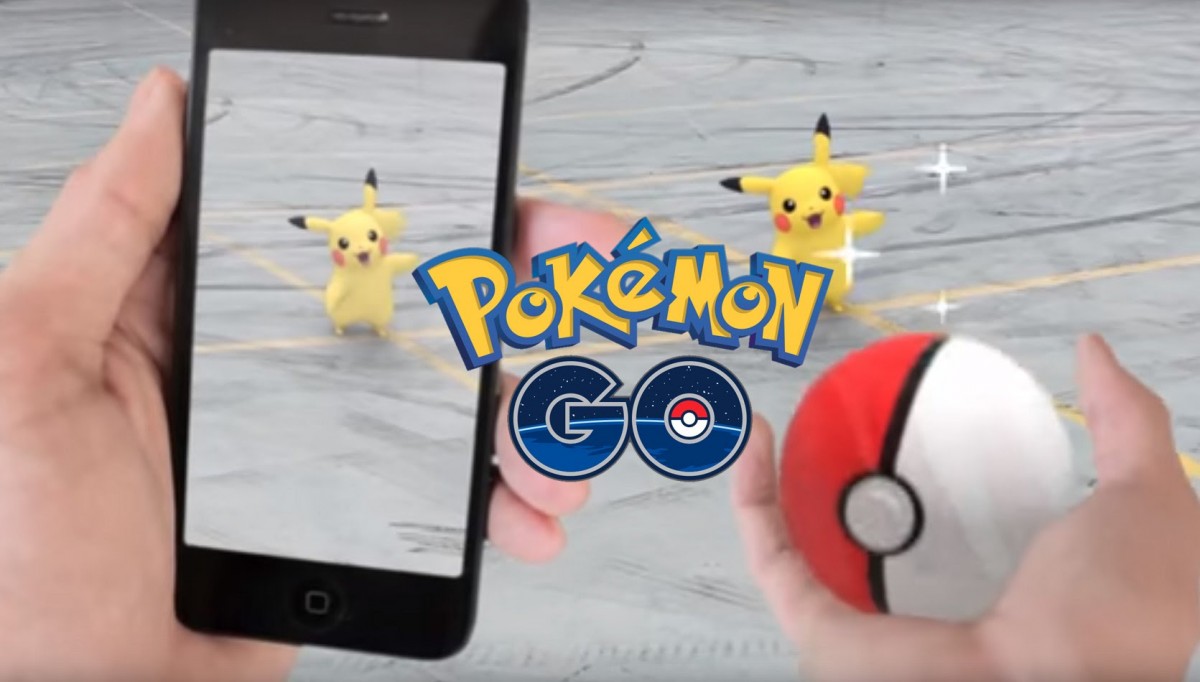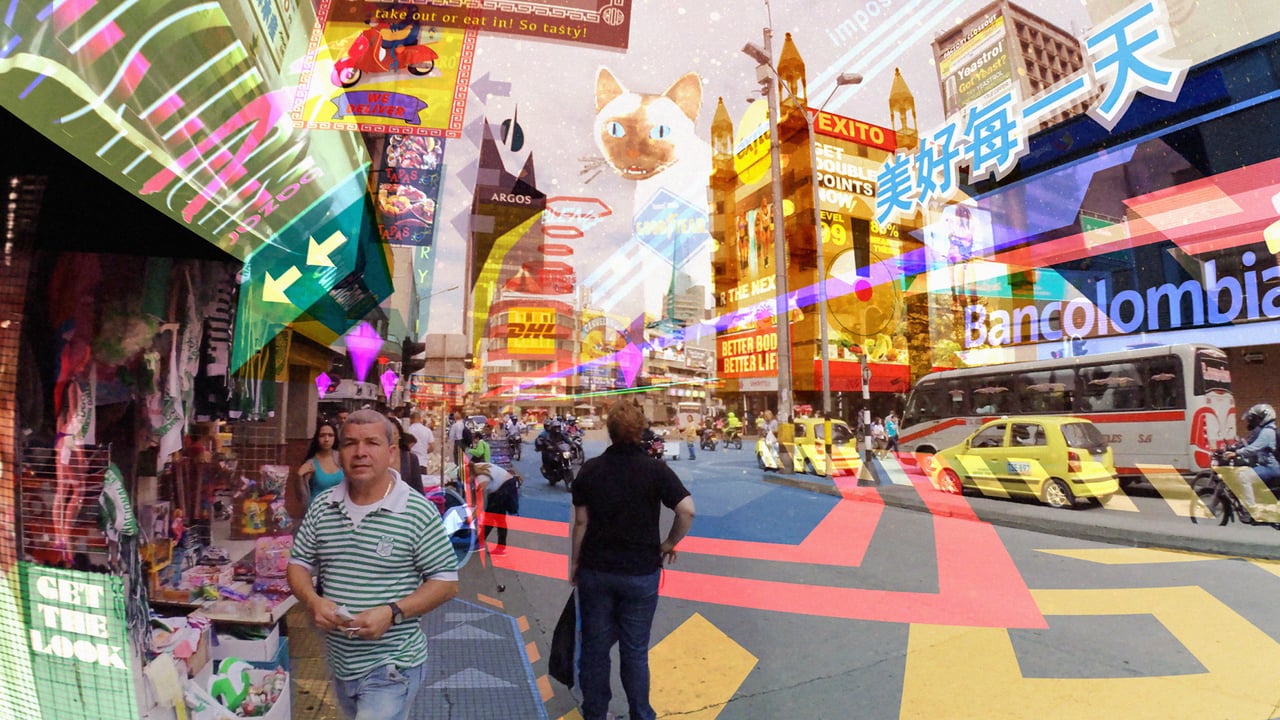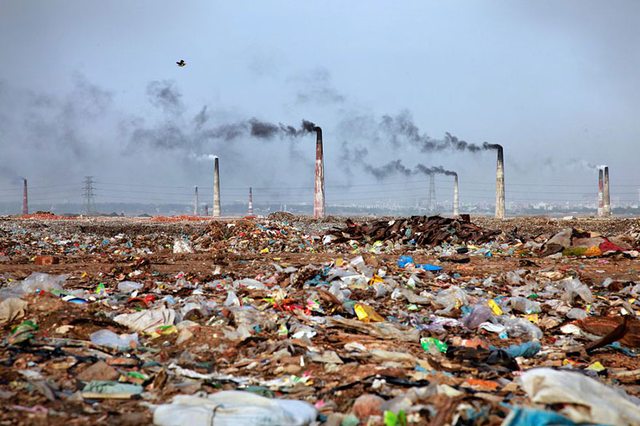As a game developer actively working on various AR platforms, I have been mesmerized by the success of Pokemon Go. (And so has everyone else in our business.) Given the number of Pokemon Go knock-offs already in development, there will be many more outdoor, GPS-powered augmented reality games launched soon.

At a recent meeting with my colleagues at Legacy, we were discussing some of the implications of Pokemon style games for advertisers. The market for virtual advertising, which is almost nonexistent now, will grow exponentially as more AR games and apps that allow you to superimpose virtual images on real objects, indoors and out, enter the market.
I started to riff about how everyone will sell the digital rights to their front yards for virtual billboards. Because of my home’s close proximity to the entrance of Griffith Park (the largest park in LA), will my property be worth more in the future due to all the foot traffic? Patrick, a Legacy employee who enjoys poking holes in my arguments as a matter of principle, quickly dispensed with my Gold Rush dreams. He shared this dystopian trailer of the future, where EVERYTHING in our environment is polluted with “helpful” avatars and advertising, thanks to augmented reality. Tell me if you don’t feel like poking your eyes out after watching this short film. https://vimeo.com/166807261

Then, to top it off, another Legacy employee, Andrew, reminded me of a famous science fiction short story, The Subliminal Man, by J.G. Ballard. It is a scary depiction of a consumer-obsessed culture in which subliminal marketing messages are blasted nonstop at unsuspecting workers. I won’t spoil the horrifying ending, but I’ve already hinted at it. https://biblioklept.org/2013/11/29/the-complete-short-stories-of-j-g-ballard-fifth-riff-the-subliminal-man/
How can we prevent this possible, utterly repellent future? It’s going to require years of discussion and negotiation between technology companies, advertisers, consumers, and government. Can we use hard-won lessons in water, air, noise pollution oversight and policy to avoid polluting our virtual environment? It’s up to us and time to start the conversation.
